Template for Writing a Character Letter for Court
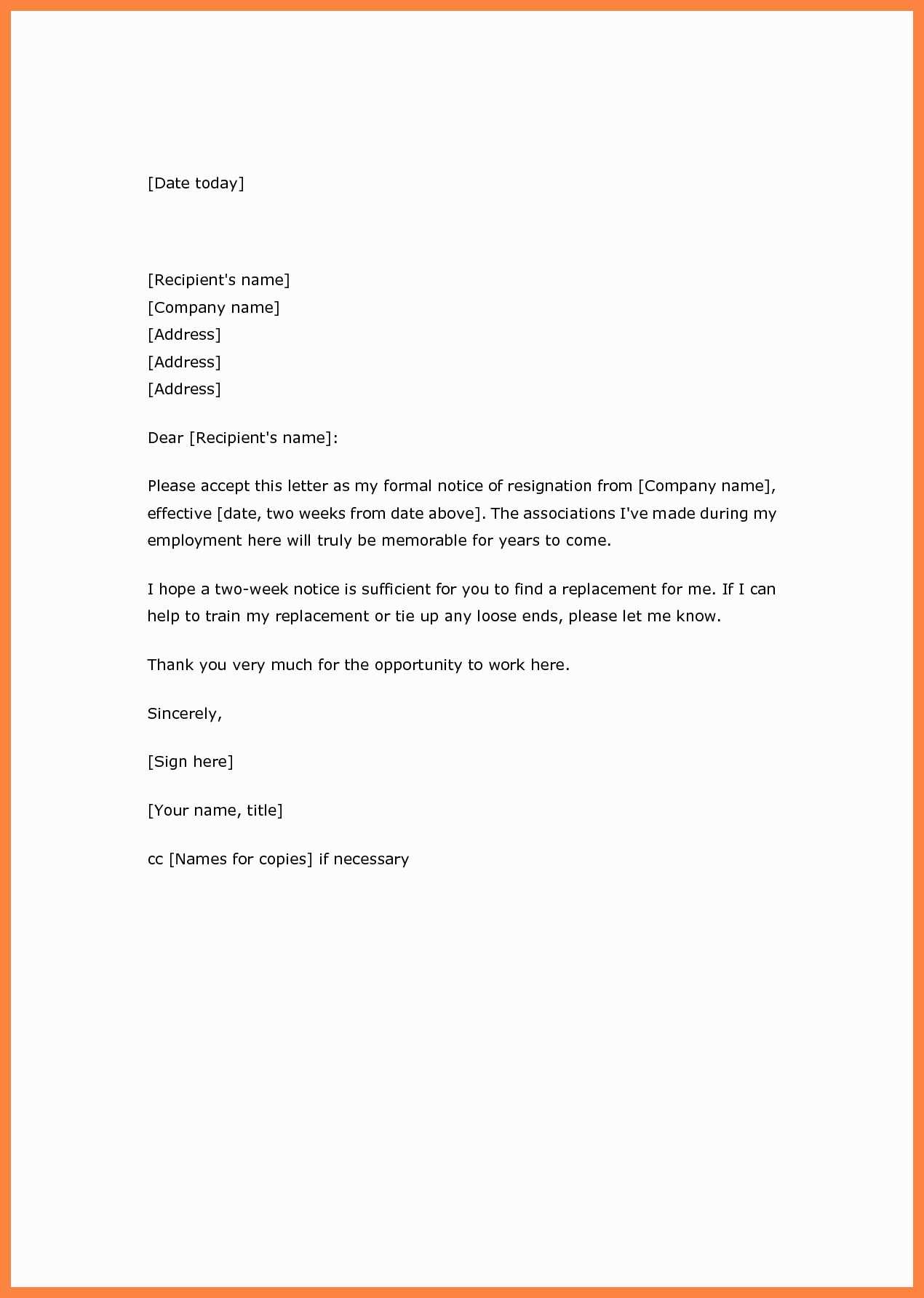
When asked to write a personal statement to assist someone in legal proceedings, it’s important to craft a compelling and sincere narrative. This type of written support can have a significant impact on the outcome, making it essential to follow certain guidelines that ensure clarity and professionalism.
The primary goal is to highlight the individual’s qualities, actions, and character in a manner that directly relates to the case. This communication should be clear, respectful, and focused on positive attributes while avoiding irrelevant details.
By understanding the necessary structure and tone, you can create a statement that not only resonates with the decision-makers but also reflects the genuine relationship between you and the person in question. Using the right words can effectively convey the support and sincerity intended.
How to Structure a Court Character Letter
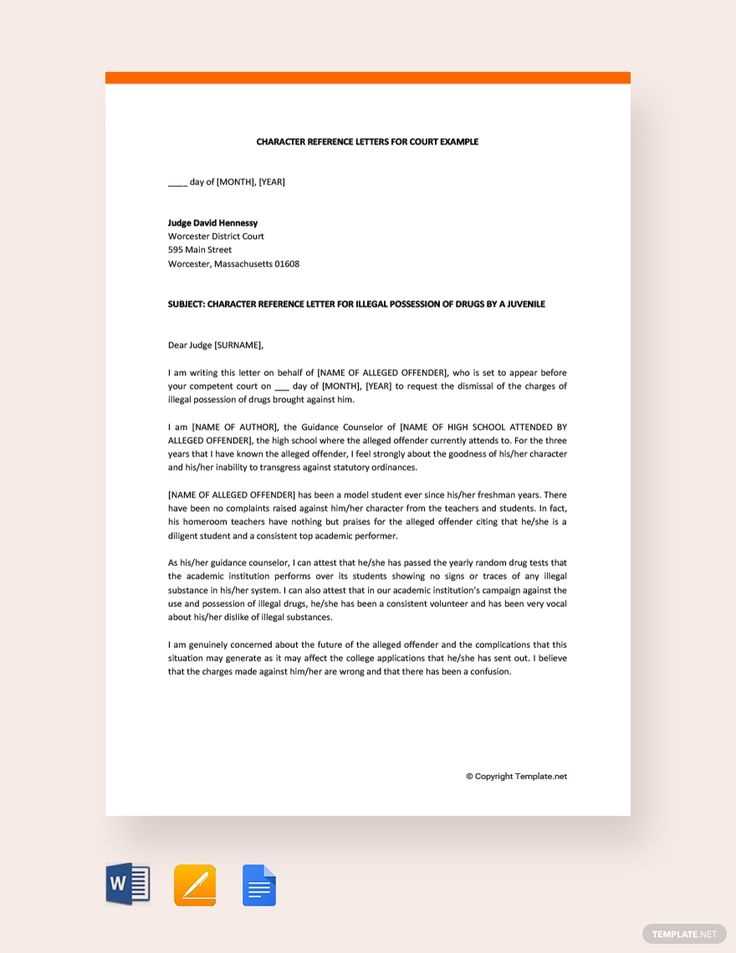
When crafting a supportive document for a legal matter, organization is key to conveying your message clearly and effectively. A well-structured piece ensures that all essential information is presented in an understandable manner, helping the recipient focus on the most relevant points. Below is a simple approach to structure this type of communication.
Introduction
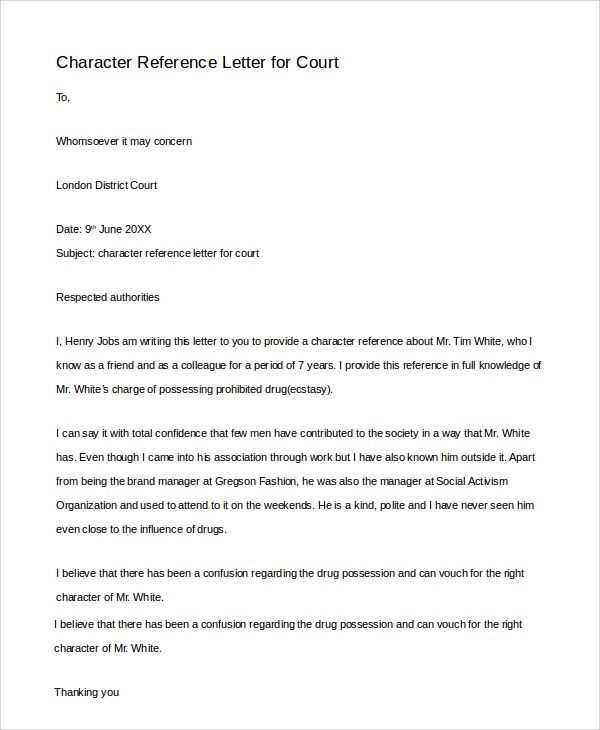
Begin by introducing yourself and explaining your relationship with the individual involved in the case. It’s important to establish your credibility as a witness to their behavior and actions. Make sure to briefly mention how long you’ve known them and in what capacity.
Main Body
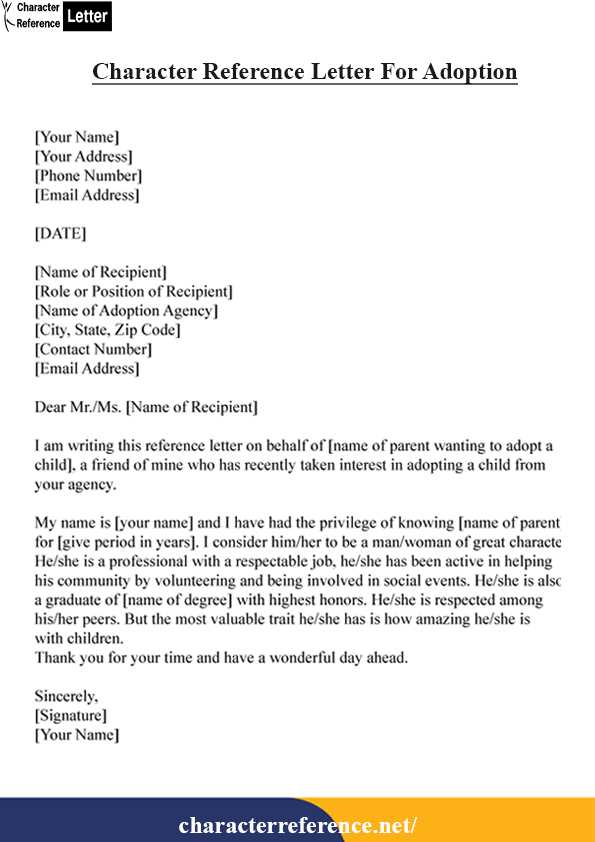
- Personal Qualities: Focus on the person’s strengths and positive traits. Provide examples of their actions that demonstrate responsibility, honesty, and integrity.
- Contextual Relevance: Address how these qualities relate to the specific situation at hand. Show how the individual’s character is relevant to the proceedings and how they’ve made a positive impact in their community or workplace.
- Impact of Their Actions: Discuss how their actions have affected others in a positive way. This helps create a broader context for their behavior.
Conclusion
Wrap up by reaffirming your belief in the person’s integrity and your hope that the decision-maker will consider your insights. Offer any further assistance if necessary and express your willingness to provide more details if required.
Key Elements to Include in Your Letter
To effectively support someone in a legal matter, certain components should be included in your written statement. These elements will ensure the content is clear, respectful, and relevant, enhancing its potential to positively influence the decision-making process.
- Your Relationship with the Individual: Clearly explain how you know the person and the length of time you’ve been acquainted. This establishes your credibility as a witness to their behavior and actions.
- Specific Examples of Positive Behavior: Provide concrete instances where the person demonstrated positive qualities such as honesty, responsibility, or kindness. This helps illustrate the strength of their character.
- Context Relevant to the Case: Make a connection between the person’s actions and how they are related to the situation at hand. Show how their behavior aligns with the legal matter in question.
- Positive Impact on Others: Highlight how their actions have positively influenced others, demonstrating their role in the community or their workplace.
By incorporating these elements, you will be able to craft a statement that not only showcases the person’s qualities but also effectively supports their position in the case.
Tone and Language for Court Letters
When composing a supportive statement in a legal context, the tone and choice of language play a crucial role in conveying your message effectively. It’s important to maintain a balance between professionalism and sincerity, ensuring the content remains respectful while reflecting your genuine support for the individual involved.
The language used should be clear, concise, and formal. Avoid casual phrases or slang that may undermine the seriousness of the matter. Instead, opt for precise and straightforward expressions that focus on the positive attributes of the person in question.
Additionally, the tone should be objective and respectful, refraining from overly emotional or biased language. This approach helps to present the individual in the most favorable light, while still adhering to the expectations of the legal system.
Common Mistakes to Avoid Writing Letters
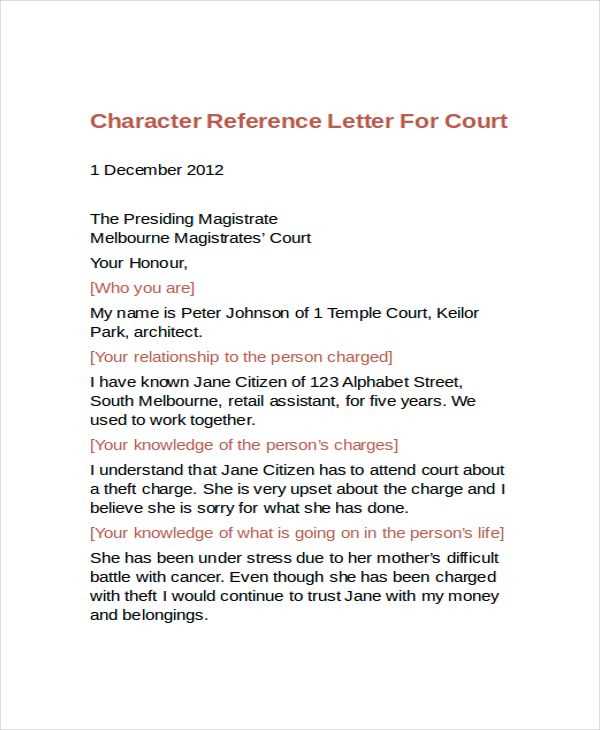
While crafting a supportive statement, it’s essential to be aware of common mistakes that can weaken the impact of your message. Ensuring that your writing is clear, relevant, and professional will help avoid these pitfalls and strengthen your position.
- Being Too Vague: Generalities and unclear statements fail to provide meaningful insights. Instead, focus on specific instances that demonstrate the person’s positive qualities.
- Using Emotional Language: While it’s important to be sincere, overly emotional language can come across as biased or unprofessional. Stick to factual, objective descriptions.
- Including Irrelevant Details: Stick to points directly related to the situation at hand. Irrelevant stories or unnecessary personal information detract from the letter’s purpose.
- Over-Complimenting: Excessive praise can seem insincere or exaggerated. Highlight the person’s positive traits realistically and avoid overstatements.
By avoiding these mistakes, you can ensure that your statement is impactful and aligns with the expectations of those reading it. A focused and balanced approach will always have the most positive effect.
Understanding the Court’s Expectations
When submitting a written statement in a legal situation, it’s crucial to understand what the decision-makers expect from the content. This understanding ensures that your submission is not only relevant but also has the potential to make a positive impact on the proceedings.
Clarity and Relevance
One of the most important expectations is that the statement is clear and focused. Avoid unnecessary information and stick to points that directly contribute to the matter at hand. Decision-makers appreciate brevity without sacrificing essential details.
Professionalism and Objectivity
Another key aspect is maintaining a professional tone. The language should be respectful and neutral, avoiding any overly personal or biased remarks. The goal is to present the individual’s qualities in a factual and constructive manner.
By adhering to these expectations, your statement will be more likely to resonate with those making the decisions, helping to support the individual in the best possible way.
Tips for Making a Strong Impression
When writing a supportive statement, it’s important to consider how to present the individual in the best possible light. Certain strategies can help ensure that your message resonates strongly with those reviewing it, making your contribution both effective and memorable.
Be Clear and Concise
Make sure your message is straightforward and focused. Avoid unnecessary elaboration that may distract from your main points. A clear, concise statement is more impactful than a lengthy one filled with irrelevant details.
Show Genuine Support
Your sincerity should come through in your writing. Demonstrate that you genuinely believe in the person’s character and explain why, offering specific examples rather than generalized compliments.
| Tip | Explanation |
|---|---|
| Use Specific Examples | Support your statements with real-life instances that highlight the person’s qualities or actions. |
| Maintain a Professional Tone | Stick to formal language and avoid emotional or overly casual expressions. |
| Stay Relevant | Focus on the aspects that directly relate to the situation and avoid adding unrelated information. |
By incorporating these tips, you can create a statement that leaves a positive and lasting impression, helping to portray the individual in a way that aligns with the expectations of the decision-makers.